Head to Head: iPhone 4 vs Windows Phone 7 vs Android
We compare the features of the three major smartphone operating systems, iOS4, Windows Phone 7 and Android, to see which is best-suited for business use. Our findings may surprise you.

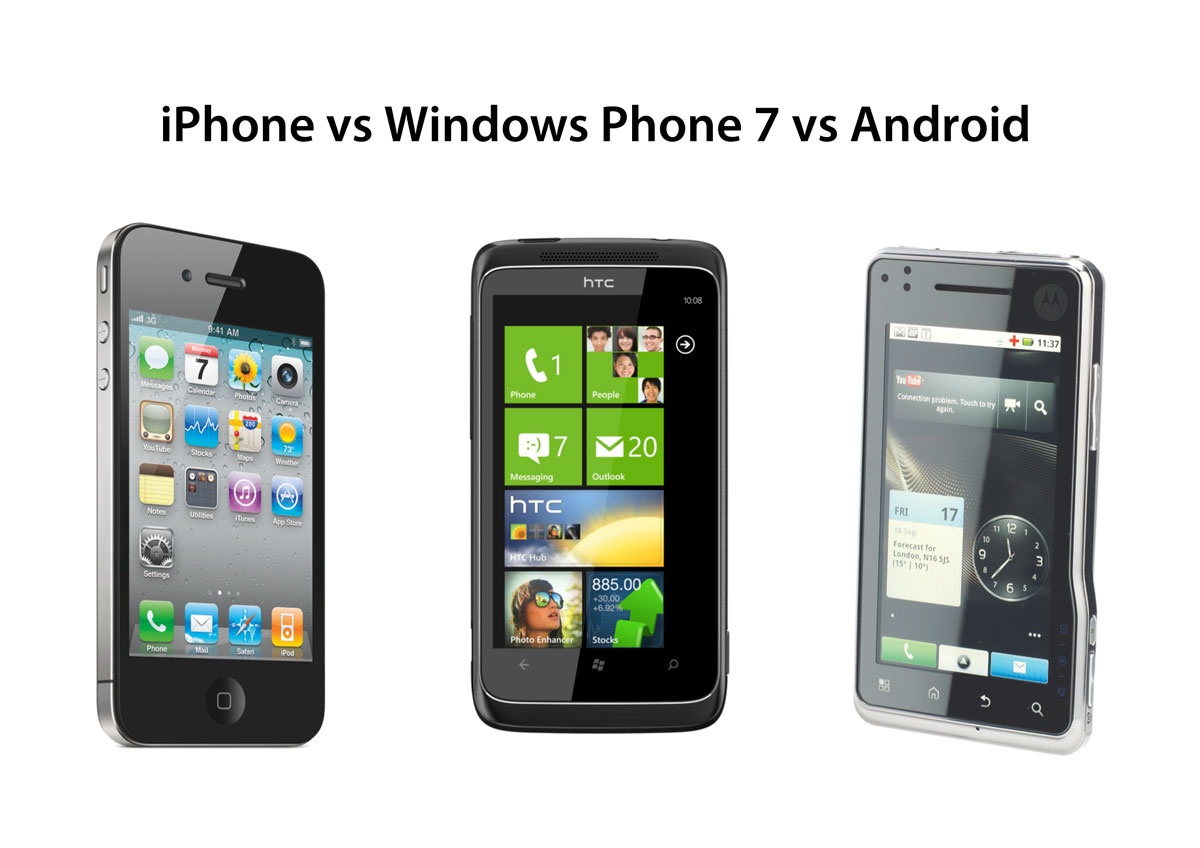
Sign up today and you will receive a free copy of our Future Focus 2025 report - the leading guidance on AI, cybersecurity and other IT challenges as per 700+ senior executives
You are now subscribed
Your newsletter sign-up was successful
Security
Security should be a major consideration when choosing a smartphone for business. Although it is possible to purchase security applications for Android, Windows Phone 7 and iOS4, there are a number of security features built into each operating system that can ensure your data will remain private and confidential.
Windows Phone 7
Although the full security features of Windows Phone 7 haven't yet been announced, it has been revealed that although you won't be able to encrypt everything on the phone as you could on Windows Mobile, application algorithms in the Windows Phone 7 SDK are available for developers to produce applications that can encrypt their own data.
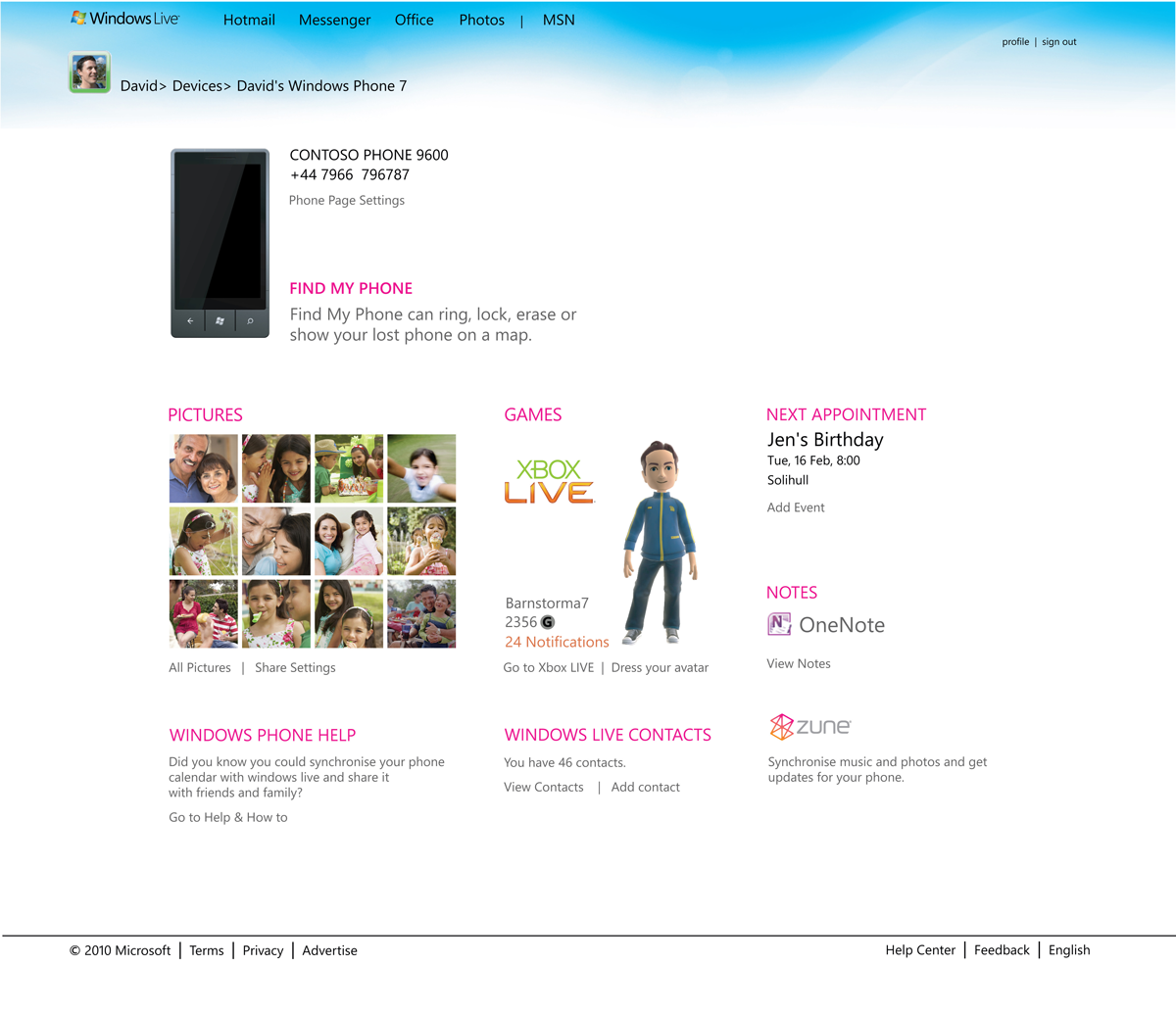
This means encryption functionality can be built into apps, but the data you store on your phone's internal storage or memory card will not be protected. However, the Windows Live website will allow you to remotely wipe personal data from a missing device, plus you'll be able to track and remotely lock your handset if it falls into the wrong hands.
Android
Like the iPhone, Android phones can be locked with either a numeric PIN or an alphanumeric password. However, like Windows Phone 7, Android does not yet support full-device data encryption. Rumours suggest it could be added as soon as Q1 next year when Android 3.0 Gingerbread is due for release.
Sign up today and you will receive a free copy of our Future Focus 2025 report - the leading guidance on AI, cybersecurity and other IT challenges as per 700+ senior executives
Android 2.2 now includes remote wiping, so even if you lose your phone, you can still protect its sensitive contents from prying eyes. If paired with an administered Exchange server, administrators can enforce minimum password policies on deployed devices. Unfortunately, the roll-out of this new operating system version has been rather slow, especially for phones with customised interfaces, so not all Android 2.2-compatible phones can yet take advantage of it and its security features.
However, since Android is an open source operating system, many missing or incomplete security features have been provided by phone manufacturers and app developers. For example, HTC offers a remote lock as well as cloud-based backup and restore capabilities with its HTCsense.com service.
iOS4
When iOS4 was first released, there were a number of security flaws that have now been rectified in iOS4.2. It's therefore well worth keeping up to date with the latest iOS versions if you can.
iOS4 has plenty of security features, which is just as well considering how expensive iPhones are. You can protect your iPhone with a numeric PIN or alphanumeric password and configure it to delete all data and information after too many unsuccessful password attempts. The iPhone 4, as well as the older 3GS, have hardware-based encryption too.
If your iPhone is stolen or lost, one can lock or remotely wipe it, although to use this feature the phone has to be paired with an Exchange server or one has to subscribe to Apple's MobileMe subscription service which costs around 55 annually. The cost of MobileMe isn't trivial, but one handy feature is the ability to locate a lost or stolen iPhone via GPS as long as the Find my iPhone application is installed on your phone.
Winner: Tie
Verdict
Android, iOS4, and Windows Phone 7 are all very capable mobile operating systems – so much so that there's no overall winner in our head-to-head. Windows Phone 7 has excellent Exchange support, iOS4 currently has the best third-party app support, while Android and iOS4 tie when it comes to user interfaces and customisability. No platform is perfect when it comes to security. Which one you choose for your business therefore greatly depends on your specific needs. Windows Phone 7 has the best Exchange support, but iOS4 isn't far behind and has the best selection of third party apps, while Android has a more flexible and customisable user interface than either iOS4 or Windows Phone 7. This fierce competition should mean that the Apple, Google and Microsoft will race against each other to develop their respective platforms and fill in the missing gaps. The potential of Windows Phone 7 is clearly very significant, athough it’ll take time before its potential is recognised. We'll bring you more Windows Phone 7 coverage, as well as handset reviews, later this week.

Clare is the founder of Blue Cactus Digital, a digital marketing company that helps ethical and sustainability-focused businesses grow their customer base.
Prior to becoming a marketer, Clare was a journalist, working at a range of mobile device-focused outlets including Know Your Mobile before moving into freelance life.
As a freelance writer, she drew on her expertise in mobility to write features and guides for ITPro, as well as regularly writing news stories on a wide range of topics.
-
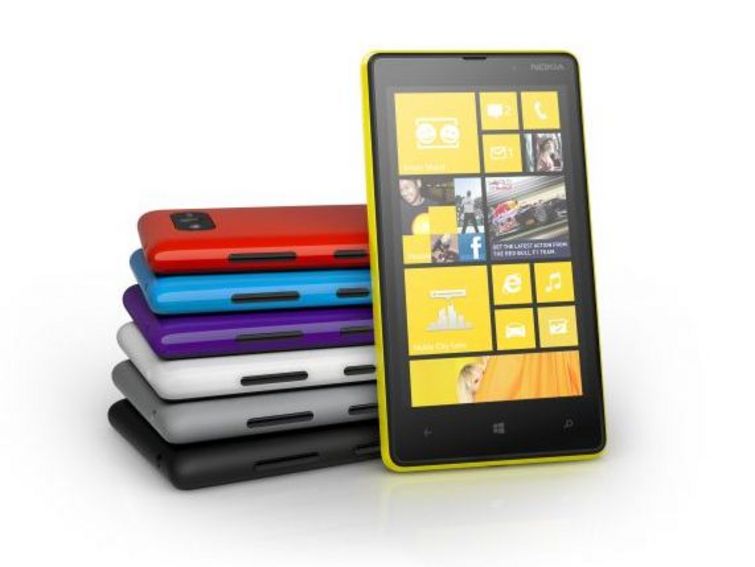 Best Windows Phone apps for 2018
Best Windows Phone apps for 2018Best We list the important Windows Phone apps to help you choose what to download
-
 RIP Windows Phone: Microsoft ends support for its dying OS
RIP Windows Phone: Microsoft ends support for its dying OSNews Windows Phone 8.1's support finished yesterday - will Windows 10 Mobile last much longer?
-
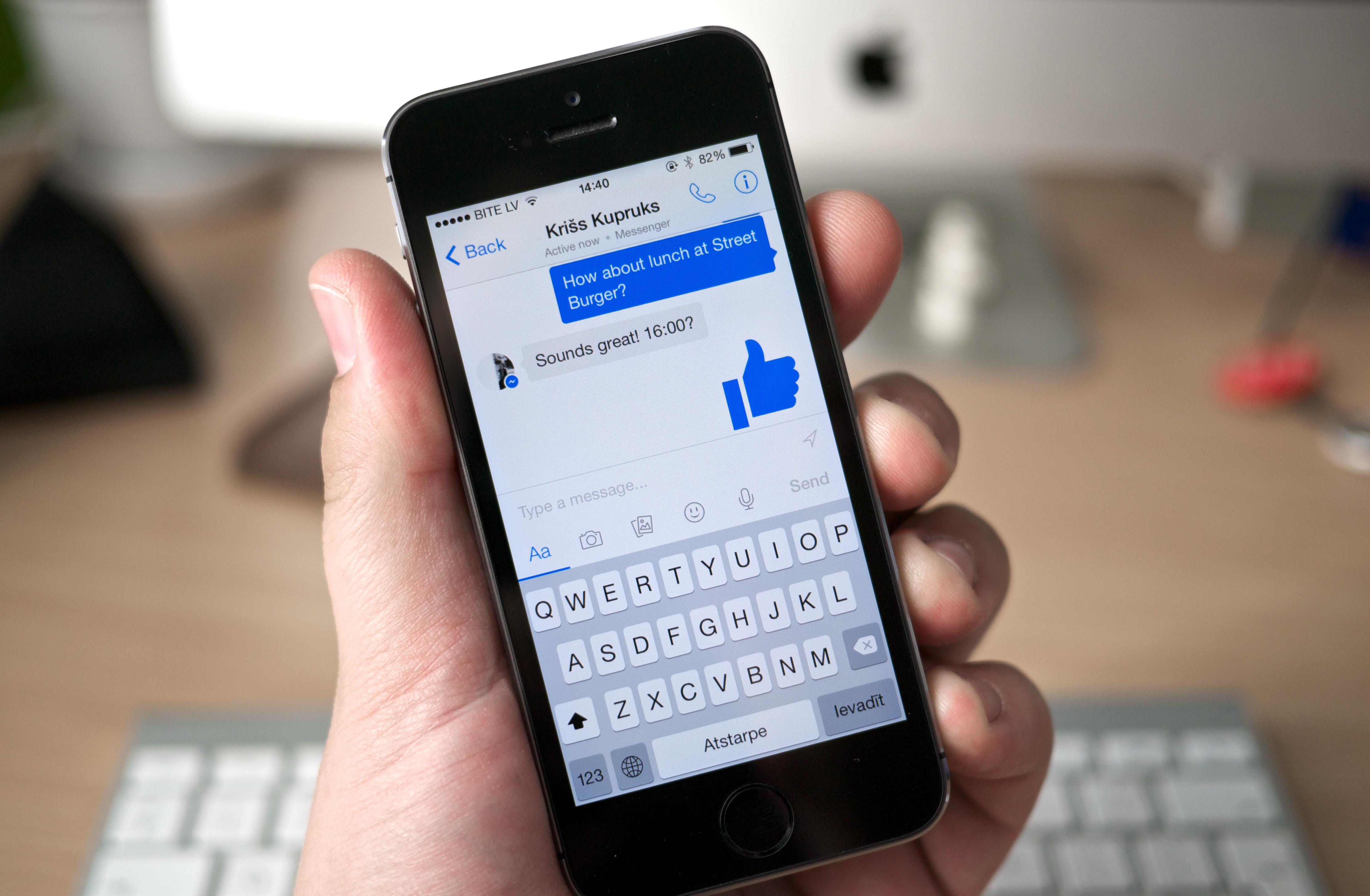 Facebook messenger not working? Your phone might be too old
Facebook messenger not working? Your phone might be too oldNews Certain smartphone users will no longer be able to access their Facebook messages
-
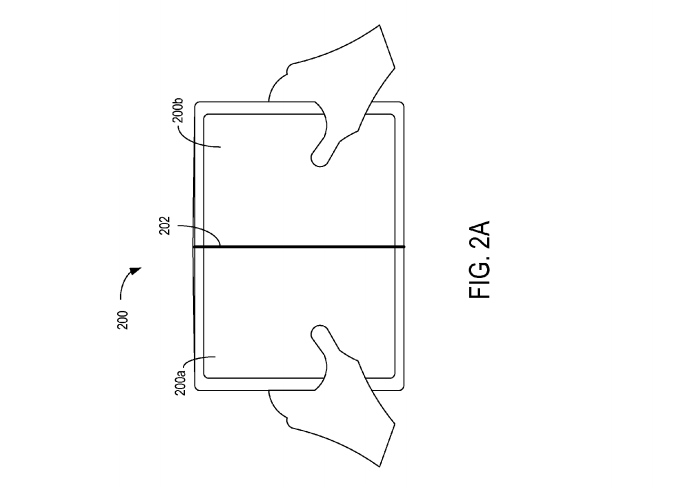 Microsoft patents a foldable Surface phone
Microsoft patents a foldable Surface phoneNews Will Microsoft build a Surface flip phone?
-
 Microsoft axes nearly 3,000 staff from smartphone division
Microsoft axes nearly 3,000 staff from smartphone divisionNews Total number of job cuts, across smartphone hardware and sales, in 2016 climbs to 4,700
-
 Microsoft's results show Windows Phone really is dead
Microsoft's results show Windows Phone really is deadNews Overall, Microsoft income slumps to $20 billion despite cloud gains
-
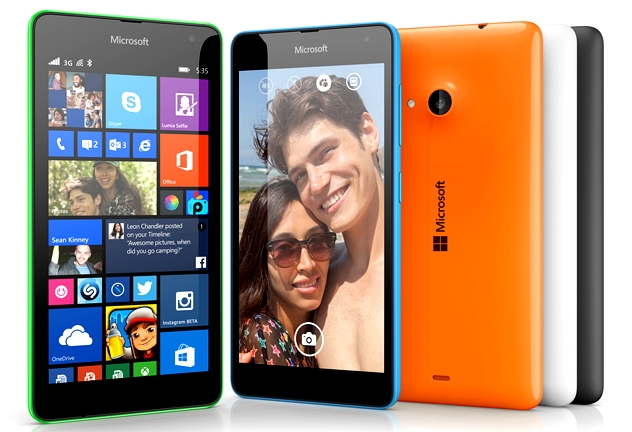 Microsoft Lumia 535 review
Microsoft Lumia 535 reviewReviews This Windows phone is the runt of the litter
-
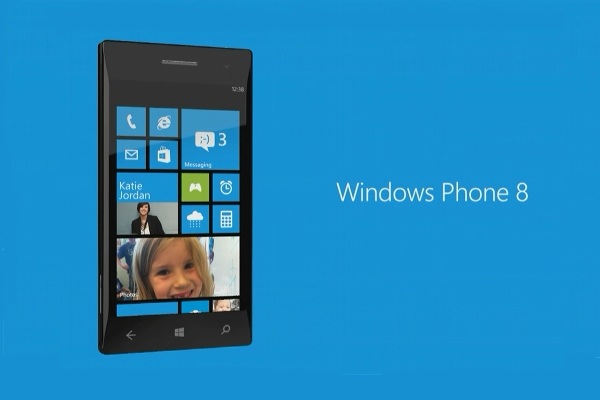 Is Windows Phone dead?
Is Windows Phone dead?Analysis As revenues plunge, we ask whether anyone can revive Microsoft's mobile enterprise

